The metal health service users of the the Orizonturi Foundation’s Blogging The Dream Project in Campulung Moldovenesc, Romania continue to write about their personal life stories, experiences, challenges, interactions within the community, hobbies, interests, hopes, dreams among other things. With the help of a Rising Voices microgrant they were trained by the Orizonturi Foundation on how to maintain a weblog, upload videos to online sharing sites, and use social networks.
In Romania, mental disorder is a taboo, a shame, a curse. The Blogging The Project collective Blog aims to improve the situation by promoting a positive image of people with mental health problems, providing information, and keeping the community connected. In this post (English translation) we learn about the role of a mental health service user in psychiatric community assistance:
Psychiatric community care is becoming more of a reality today, as mental health is no longer an attribute of only institutions but also of communities. A community includes individuals with and without health problems, but people should be aware of their roles. [..]
The user of mental health services should have a role in psychiatric community assistance. He is a member of a community, in which his life is intertwined. Usually a community labels users, it catalogs them, and it puts them on the outskirts of happiness, if not permanently excluding him as a useless object. Community assistance simply returns the user to the community; taking him from the cold and unfriendly walls of the hospital, and bringing together families, friends, neighbors and colleagues. This also introduces to the community to the idea that the user is a man like all men, with desires, hopes, dreams and talents.
The user is an “expert through experience” with a thorough understanding of mental health, which leads to the development of alternative approaches not only for mental health problems but also solutions for therapy, services and policies in general.
The concept of involving a user is closely linked to that of “giving strength,” of “empowerment.” In other words, the user becomes stronger in his personal life, but also in his professional and social lives. The respect, dignity, equality, and possibility to choose are some values that will be brought to life again.
In another post John Head, an American writer tells in an interview how he dealt with untreated mental disorder for 20 years:
Mirela Moldovan celebrates one year of blogging by describing that it was a positive period for her:What are the three most important advice that I give them to someone faced with depression?
- These are the things I say:
* Do not think you're alone. You're not. There are many people suffering like you and many who matter to your suffering.
* Do not be ashamed. You're not to blame for what you are going.
* Do not be afraid. There is hope. There are many ways to get better and, with help, you will find the path.
Ever since I was a kid I always felt the need to record the events that impressed me, memories or just my daily activities.
After I grew up I realized how much more we need to share our thoughts and feelings, joys and sorrows.
Mirela shares this wonderful story in her blog “Life as it is”:
I originally wanted to write about desperation, despair and other thoughts sad, but I remembered an impressive and optimistic explanation of a beautiful feeling that I had in March 8. [..] While listening to a song about mothers, about our desire to always have them along, of course I had great emotions and that even put me in great sadness. At that time my baby came to me looking to congratulate me for mothers day. [.. ] it was a very emotional moment. [..] It was an example of a happy coincidence that reveals the light of our lives.
Very beautiful and true: to remember moments of despair about my mother, that in turn are my mother and that my son has the same needs me and loves me as much. Thanks, Serban! (machine translation)
She also writes about the beautiful winter landscape in her locality.
Loy Ovidiu highlights Antonie Iorgovan, a local personality, a renowned professor and a lawyer. He also shares a news paper report which tells how he could overcome alcohol dependency.Olga Oana shares her recent travel photos.
You can watch some of the bloggers talking in this video.
Centrul Scolar, Fundatia Orizonturi, Peace Corps Romania and USAID collaborated to create and implement the Traveling Beyond Barriers project, which is an initiative to increase social integration for mental health service users and students with special needs. From the Blogging The Dream blog (translation):
For a period of 6 months we met 3 times per month; First to plan a 1 day excursion with a particular educational focus (ex. Geography, Culture, Ecology, etc.) The second meeting was the actual excursion, where participants were responsible for recording their experiences and observations through photography, videos, drawings or writing. Lastly we met for follow-up to discuss feedback and participants shared what they created. After the 6 excursions, we created a brochure and pamphlets to demonstrate what the participants learned and disseminate throughout the community. [..]
The community collaboration was well received; it broke through social barriers and proved that mental health service users and students with special needs are in fact capable and active members of the community.

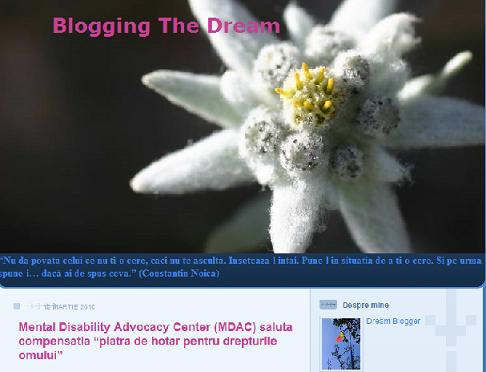
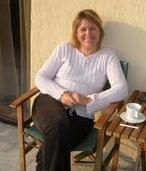
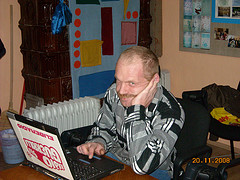
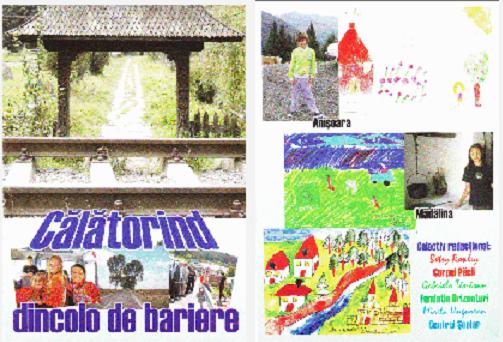
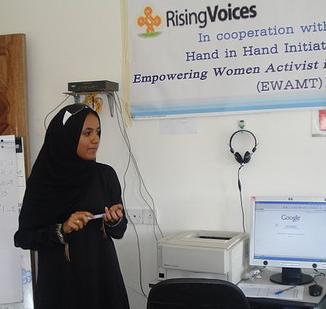


1 comment